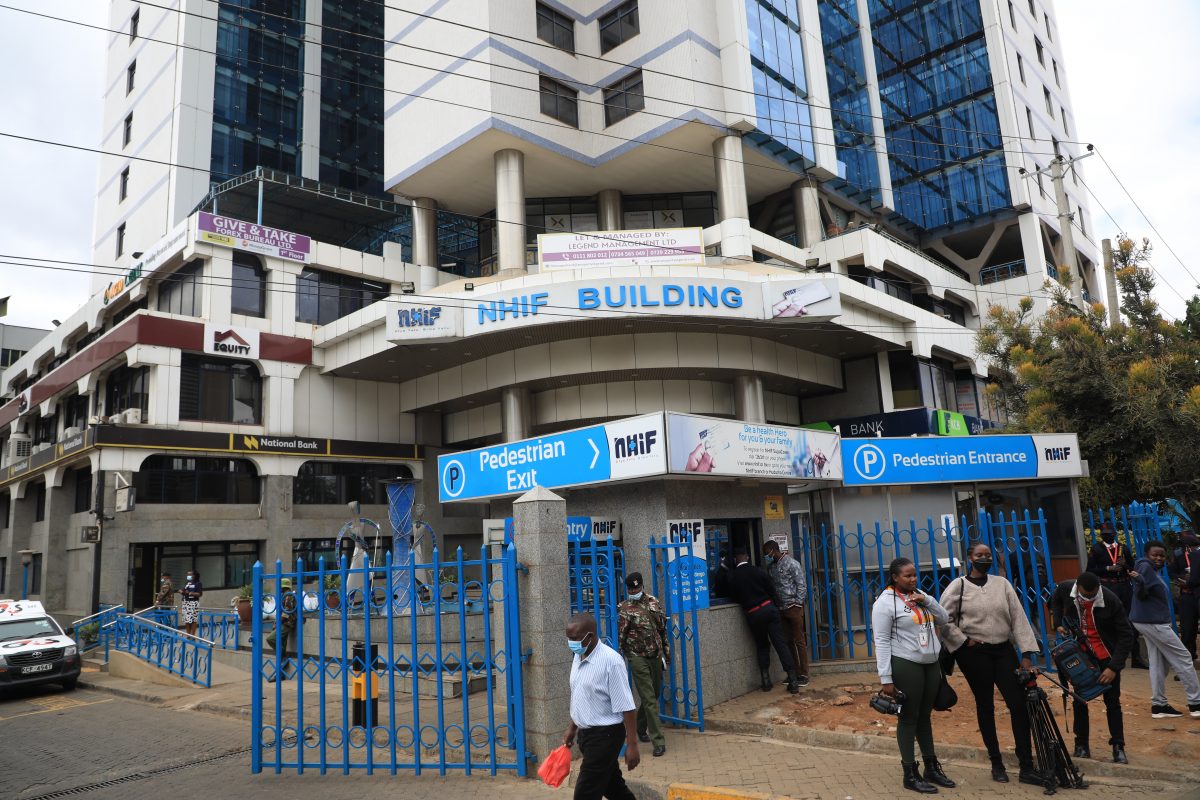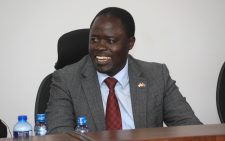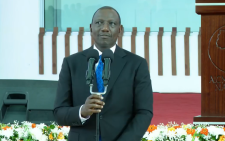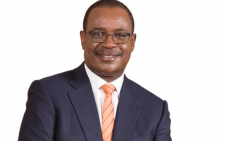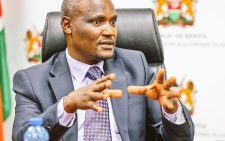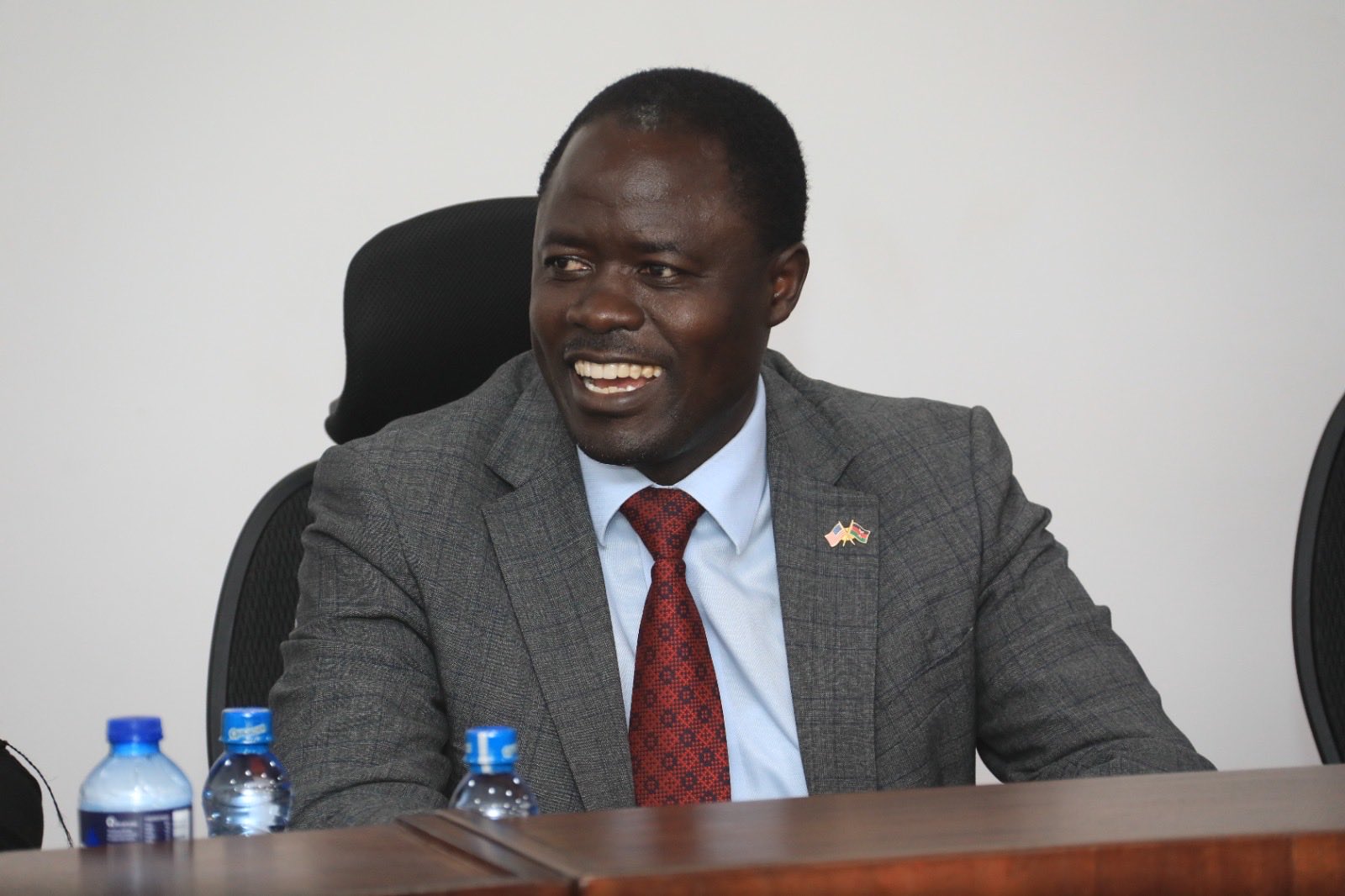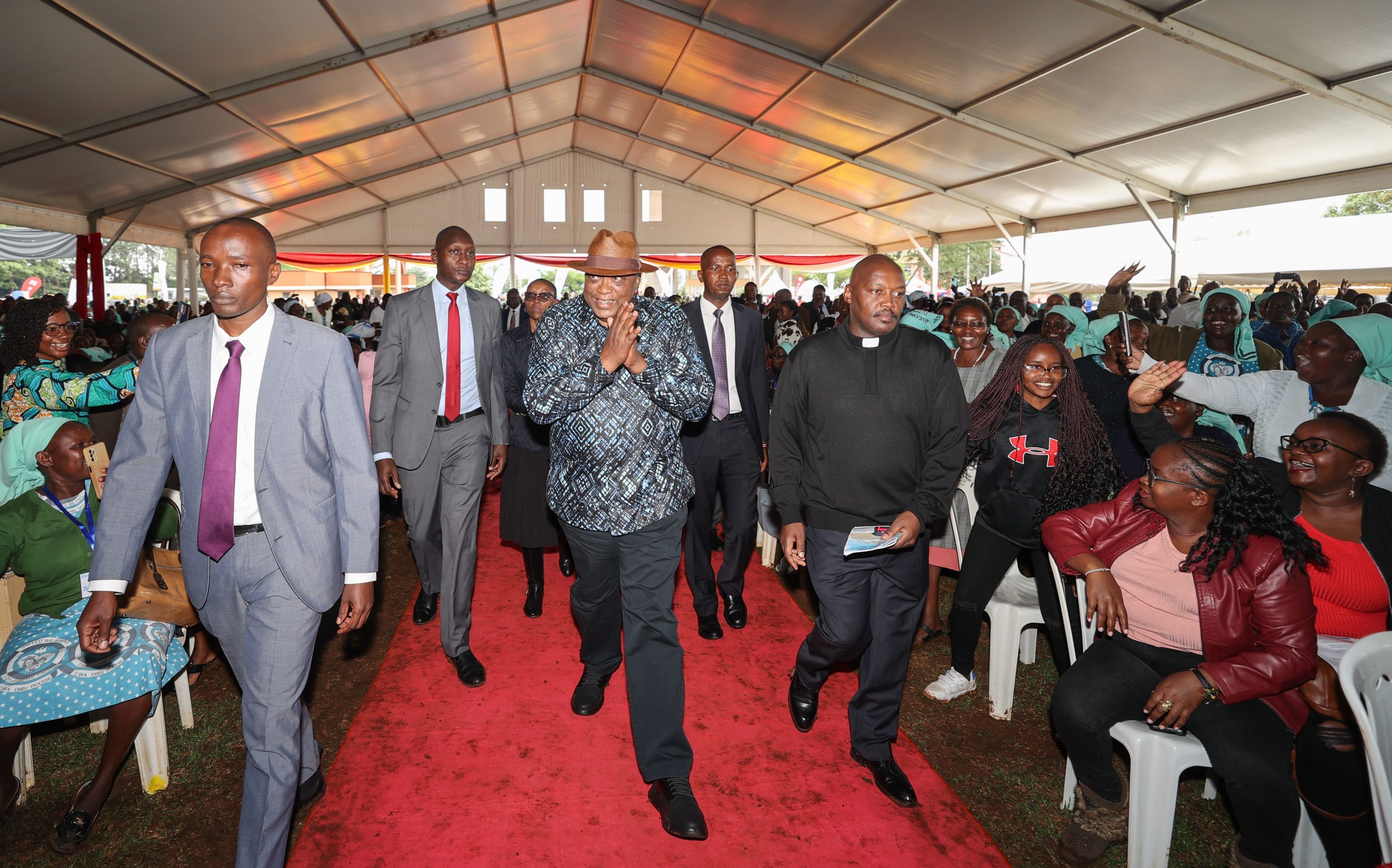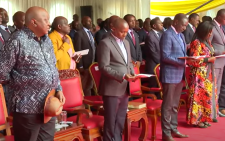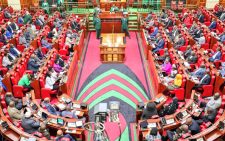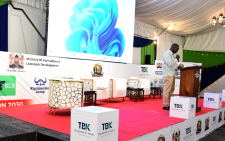President William Ruto has announced changes to the health contribution scheme, saying Kenyans will start contributing 2.7 per cent of their earnings from July.
Announcing a raft of changes to the health sector, the President said the contribution mechanism for National Hospital Insurance Fund (NHIF) will change depending on the income of every worker.
According to him, low income workers could see their contribution reduce to Sh300 down from Sh500 they have been paying monthly while high earners will have a varying rate.
“It is not possible that as President, I pay Sh1,700 monthly and low income earners pay Sh500 to NHIF. My salary is Sh1 million while mama mboga or boda boda riders is about Sh5,000. Is that really fair?” he posed.
He made the remarks yesterday at Uhuru Gardens in his maiden Labour Day celebration speech.
“We have changed the contribution mechanism so that people who have been paying Sh500 for NHIF will go down to Sh300 starting July and me, the President, I will be paying Sh27,500 so that we can have an equitable contribution mechanism. Every one will contribute 2.7 per cent of their earnings to NHIF so that we can carry this load of health equally,” the Head of State explained.
Ruto also emphasised on the need to revamp the health sector, saying statistics show that up to one million Kenyans sink into poverty because of medical bills.
According to Ruto, this means many families end up in poverty because when a loved one gets sick – they sell everything, their produce, wares and property and end up in poverty, which calls for the need to urgently address health issues in the country.
“We have sat and held discussions with the Health ministry and we will have a paradigm shift in delivery of our health products. We will not go down the route where we have always invested in curative health but the opposite direction of promotive and preventive health interventions,” he said.
The first step, the President said, is that the National government has agreed with counties to ensure health issues begin at the very bottom, from community health promoters. Ruto said some 100,000 community health promoters will be recruited, explaining that for every 100 families there will be one well-equipped community health promoter expected to visit families monthly, as part of ensuring early diagnosis of diseases.
Some ailments
“Already, almost all counties have health promoters. The National government will now agree on how to remunerate them. We will share half in terms of their salaries in making sure they help us prevent diseases and promote health in a manner that ensures we begin from the bottom going up,” said Ruto.
“There is no need for some ailments, like common cold, to be taken all the way to Kenyatta National Hospital, which only brings congestion, such should be dealt with within the community level,” he added.
He said his government has a deliberate plan on how to change the manner in which healthcare is delivered ‘because that is the timely intervention necessary at this point in time’.
“We want to serve the Kenyan workers and protect them so that they can work optimally,” he insisted.
As far as the National Social Security Fund (NSSF), the President underscored the need for a saving culture, saying the country’s figures stand at only eight per cent of Gross Domestic Product (GDP) unlike other countries at 55 per cent of GDP.
He affirmed that workers should retire in dignity because they have saved enough money to take care of their retirement and ultimately reap a benefit from their sweat.
Watch index
“It is said that after so many years of working, over 50 years, Kenyans go to live a life of poverty. According to the global age watch index, Kenya is position 72 out of 96 among people retiring in poverty and the implications of this situation are not acceptable,” said the President.
“How can you be leaders in the labour movement when the people you lead end up retiring in poverty? How can you contribute Sh400 and expect to change the lives of workers after retirement? That is why we have age old poverty,” he challenged the labour union leaders.
President at the same time noted that Kenyan workers have for two months now, paid six per cent and employer another six per cent to NSSF.
After implementing the six per cent, the NSSF savings has increased from Sh1.2 billion monthly to Sh2.5 billion in February, in March it was Sh3.5 billion and in the next four months it will rise to about Sh6.5 billion monthly, which will be available upon retirement.
“We have to learn from best practices. Workers must retire in dignity because they have saved enough money to take care of their retirement,” said Ruto.

